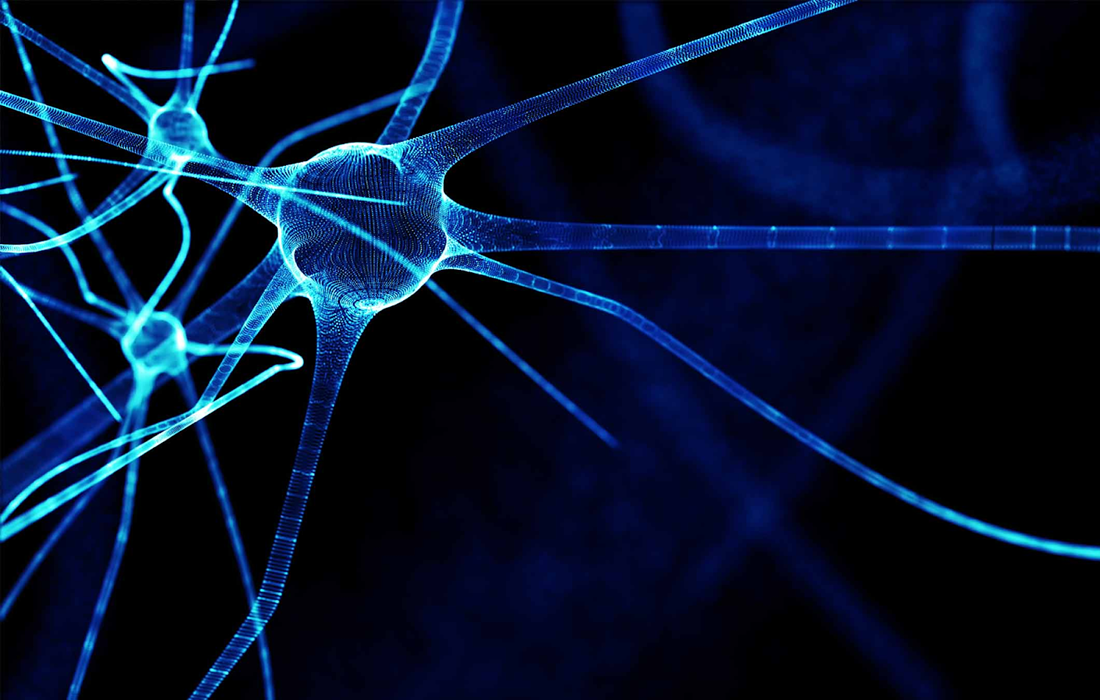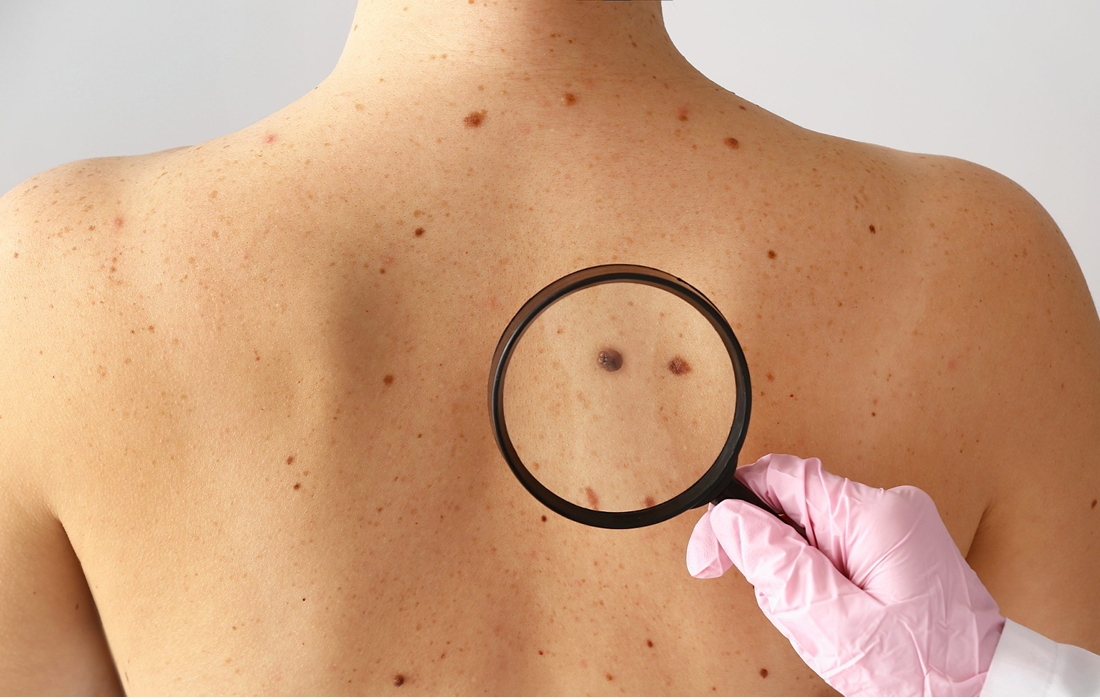Degenerative nerve diseases affect many of your body’s activities, such as balance, movement, talking, breathing, and heart function. Many of these diseases are genetic. Sometimes the cause is a medical condition such as alcoholism, a tumor, or a stroke. Other causes may include toxins, chemicals, and viruses. Degenerative nerve diseases can be serious or life-threatening. […]
Author Archives: Gabriel Piña, MD
Colorectal cancer remains a disease with high mortality rates in advanced stages. In recent years, numerous research findings have improved early diagnosis and therapy, although unfortunately not all patients respond adequately to novel therapeutic approaches. Current research suggests that one characteristic of tumor diseases is immune dysfunction: immune cells that are supposed to fight the […]
Reactive oxygen species are highly reactive chemicals formed from oxygen. They serve as prime signals of cellular dysfunction that contribute to diseases. Secretion of reactive oxygen species in the intestine is necessary for maintaining stem cell function and important for wound repair; however, it can cause inflammatory effects as well. The Mount Sinai team found […]
Reproductive-aged women with obesity and insulin resistance have increased risk of type 2 diabetes mellitus and cardiovascular disease, and are also predisposed to adverse pregnancy outcomes, including adiposity and cardiometabolic disorders in their offspring.While a healthy diet and regular physical activity are primary lifestyle strategies for the prevention and treatment of obesity and its associated […]
Approximately one third of human life is devoted to sleep, emphasizing the vital role of sleep in several physiological functions essential for health. There is also consistent evidence of an association of sleep duration with chronic diseases, such as cardiovascular disease (CVD) and cancer, and with mortality, although there remain a number of outstanding questions […]
Maternal and paternal exercise are well-established to improve the metabolic health of adult offspring. Tissue and serum metabolites play a fundamental role in the health of an organism, but how parental exercise affects offspring tissue and serum metabolites has not yet been investigated. Metabolites are substances made or used when the body breaks down food, […]
Posttraumatic stress disorder (PTSD) is a syndrome resulting from exposure to real or threatened serious injury or sexual assault. The signs and symptoms of PTSD appear to arise from complex interactions of psychological and neurobiological factors. Studies have found alterations in the amygdala, prefrontal cortex, hippocampus, and anterior cingulate, and corpus callosum as well as […]
A recent study to examine the relationship between different types of grain intake and premature coronary artery disease in the Middle East, researchers found a higher intake of refined grain was associated with an increased risk of premature coronary artery disease in an Iranian population, while eating whole grains was associated with reduced risk. According […]
Pigmentation in our skin is caused in part by a group of substances known as melanin, which are produced by skin cells called melanocytes. When melanocytes are damaged or reduced in number, this leads to either increased or limited melanin production, resulting in pigmentation disorders. Typically, these melanin changes are long term, localized, and uneven […]
Cystic fibrosis (CF) is the most common lethal inherited disease in white persons. Cystic fibrosis is an autosomal recessive disorder, and most carriers of the gene are asymptomatic. Cystic fibrosis is a disease of exocrine gland function that involves multiple organ systems but chiefly results in chronic respiratory infections, pancreatic enzyme insufficiency, and associated complications […]










